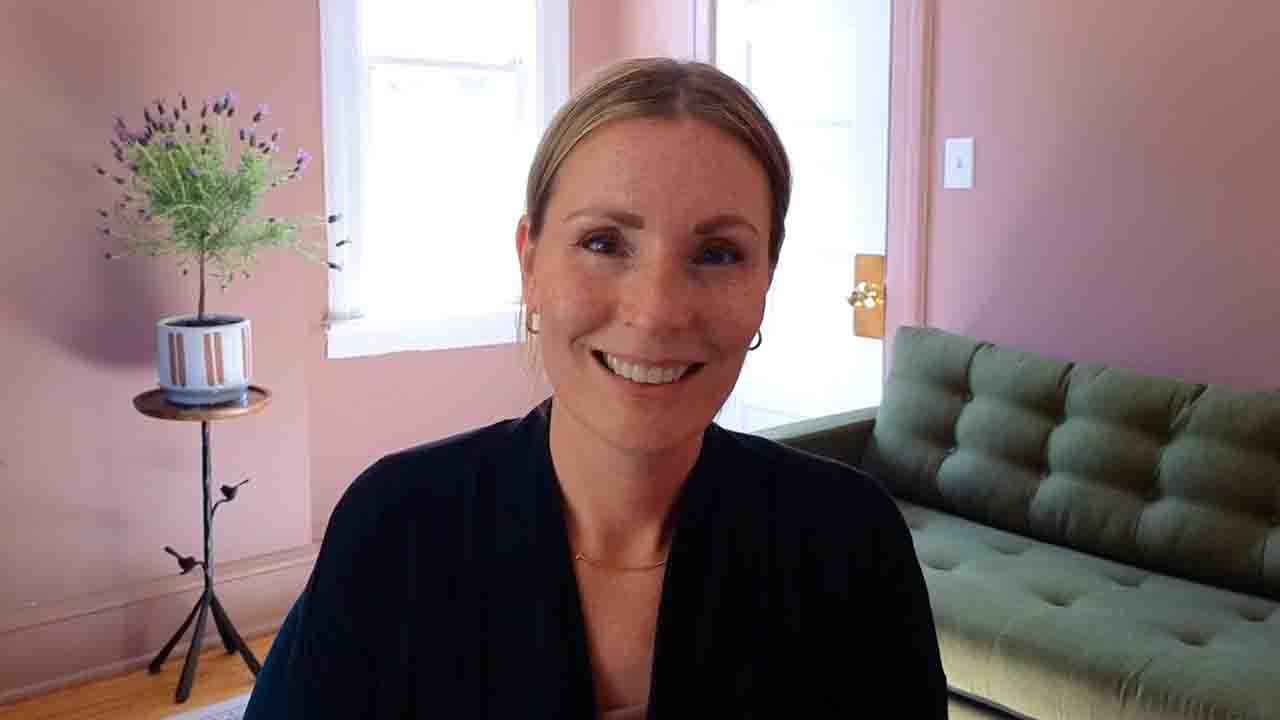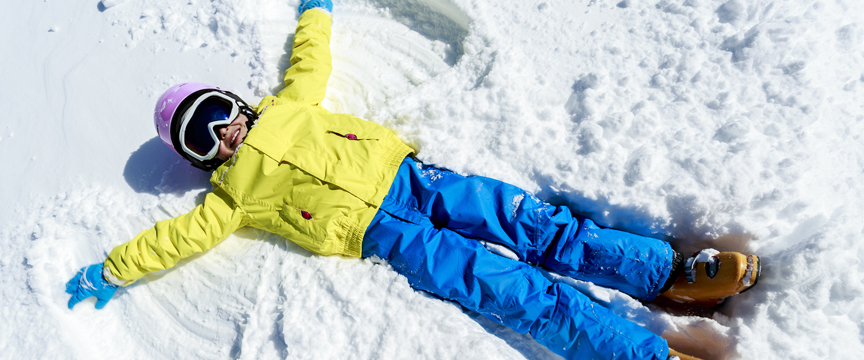By Karen Callahan
While no one can argue with the fun of traditional activities, such as building snowmen or snow angels, keeping your kiddo occupied throughout an entire snow day while confined to your house might require a few more tricks up your sleeve.
Consider the unique opportunities the snow can provide for you and your kiddo to explore different language concepts, social skills, academic tasks, and leisure activities. Think about bringing what winter has to offer indoors, where it is warm, for a unique way to learn and play together.
To get started, grab a few safe bowls (think plastic Tupperware), some pots, a muffin tin, and a few spoons of different sizes. Fill one bowl with cold water and another with hot water. Throw a big beach towel on the floor and grab some of that white, powdery stuff! Here are seven tips for snow day fun.
- Let your child explore, figure out what they like about the activity, and add to what they find fun. If they’re watching you and waiting for what you will do next, you’ve got it right!
- In the beginning, don’t demand your child’s attention. Show them some fun ways to play with the snow and “kitchen stuff” and talk about what is happening. “Wow, you smashed the snow!” “Did you see it melt in the hot water?” “You got more snow!” “Stir, stir, stir, good job stirring!”
- Language Concepts: Once you’ve got the activity going, use the snow to start talking about fun, related language concepts like hot/cold, wet/dry, and melting/frozen.
- Social Skills: Take turns using the spoons, stirring, and playing. Encourage and model social skills by commenting about the activity and what you or your child enjoy. “Watch it melt!” “Wow, that is cold!” “I like playing in the snow!”
- Academic Tasks: Discuss weather, precipitation, seasons, and states of matter (solid, liquid, gas). Use your muffin tin and practice counting as you fill each cup.
- Leisure Skills: Feel free to step away from the activity and let your child dig in on their own. Sustaining a play activity and incorporating newly learned play skills modeled by an adult play a crucial role in learning.
- Be sure to set boundaries about where the snow must stay. We suggest prompting all snow activity back to the area of the beach towel.
Most importantly, have fun and enjoy this new experience!











